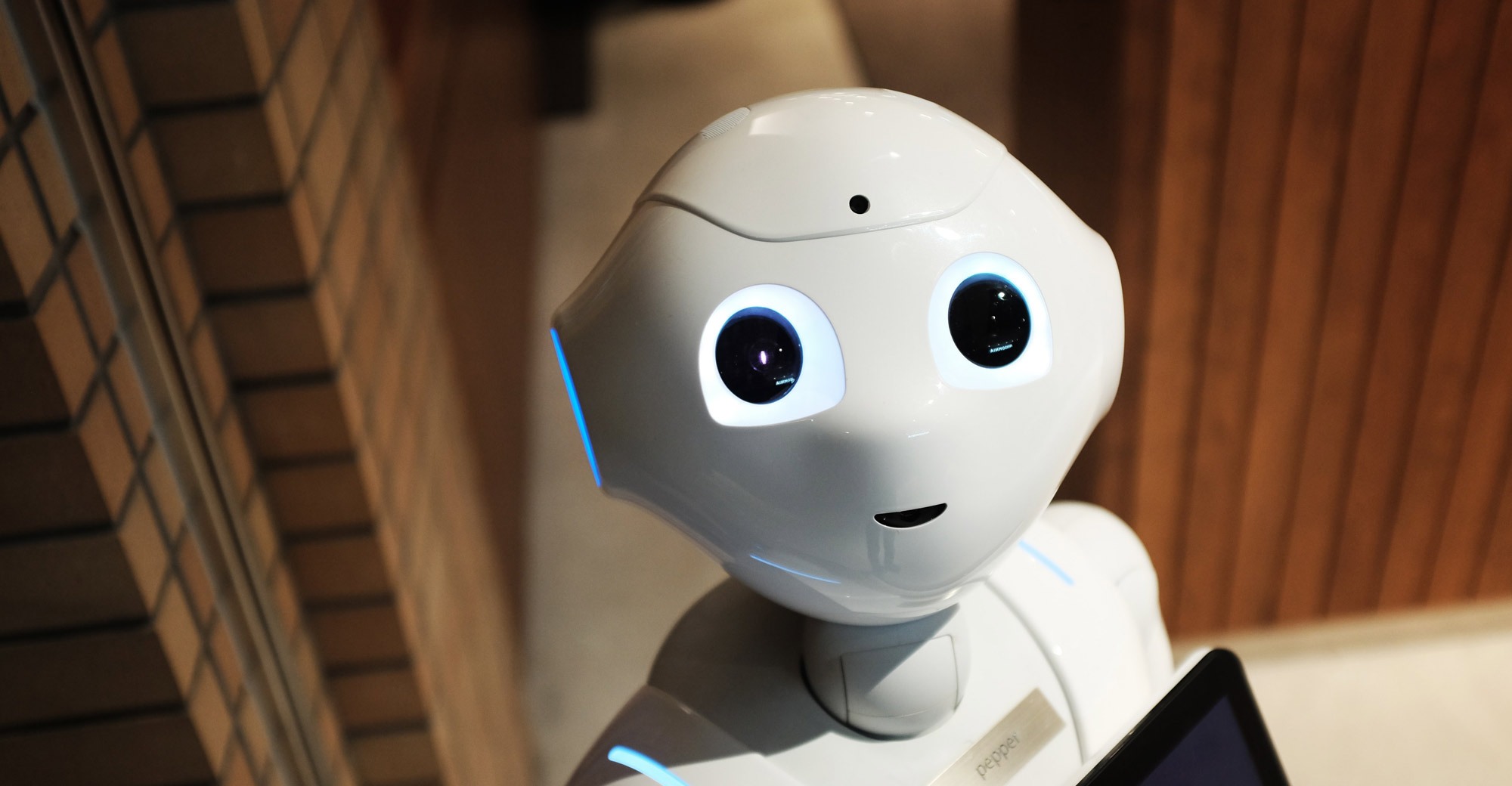
Wednesday 9th September 2020
Can robots help in care homes?
Louise Morse
If you were visiting your mother in her care home, would you be happy to see her chatting animatedly with a 4-foot-high robot?
It may sound like science fiction, but it’s already happening, though maybe with others’ parents. Robots called Pepper have been used for some time in retail in Japan, answering questions and giving directions. In November 2018, Southend Council paid £15,200 for a Pepper to free up time for human carers running a “reminiscence group” to stimulate people with dementia. It was the first commercially available robot with the ability to recognise a person’s mood and adapt its behaviour accordingly. It can speak 12 languages, change its eye colour and voice inflections to match happy and sad emotions, and is connected to the internet, so can keep users up to date with the latest news, weather, recipes, and videos.
Now a study by researchers at University of Bedfordshire, Middlesex University and Advinia Health Care of robots in care homes in the UK has found that they can improve mental health and reduce loneliness in older people.
The little androids are programmed to find out about an older person’s likes and dislikes and tailor conversations to them, just as ‘two people might do in a normal conversation’, says Dr Chris Papadopoulos, research lead and principal lecturer in public health and director of health research at Bedford University. The Peppers can also share what they learn about individuals with carers.
The secret is in the robots’ software, called CARESSES, short for Culture-Aware Robots and environmental Sense of Systems for Elderly Support being developed in a multidisciplinary, international project.
The question is - how far we are prepared for robots to interact at a deeper, personal level with residents, especially those with dementia? Would a robot have software intuitive enough to make sense of a ‘word salad’ or understand when a person says one thing but means another? Or read body language and expressions?
In our Pilgrims’ Friend Society care homes, trained staff called ‘hummingbirds’ come alongside residents with dementia to engage them in conversation on topics that are meaningful to them. They’re also helped by volunteers from local churches who come in to share their time and give spiritual support.
Chairman of Advinia Health Care and research partner in the study, Dr Sanjeev’s Kanoria, (who is also a liver surgeon) stresses that the robots are not intended to replace care workers, but there’s little danger of that happening. With vacancies in the care sector at an intractable 122,000, and immigration rules coming in January restricting traditional overseas recruitment, Peppers will help fill the gap. And for residents, the Peppers are clearly robots.
We don't have any robots in our care homes, but we do offer wonderful love and support to those who live with us. If you or someone you love might need the kind of care we provide, why not take a look at what's available.


































